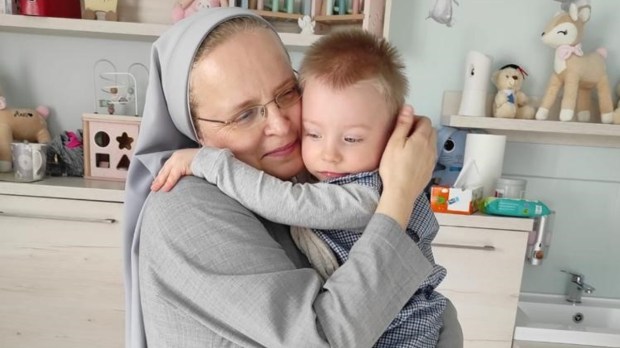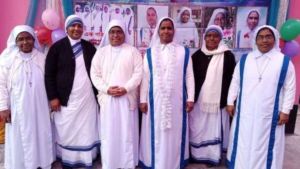“Nobody wanted you? Then we want you with all our heart,” Sister Klara says to 6-year-old Tosia, who has just arrived at the foster home of the congregation of the Sisters of Mary Immaculate in Piszkowice, Poland. “But where’s my mom?” the girl asks as she shakes hands with the sister.
Her situation is like that of Wojtus, a boy rescued by the police from a home for alcoholic parents; as well as that of 7-year-old Zuzia, a blind orphan; 5-year-old Darius, rejected by his family; and about 50 other young inhabitants of the house.
But Tosia and the others are welcomed with open arms by the sisters of this congregation. Their center includes three institutions: a care home, an elementary school, and a rehabilitation center for children with severe mental disabilities.
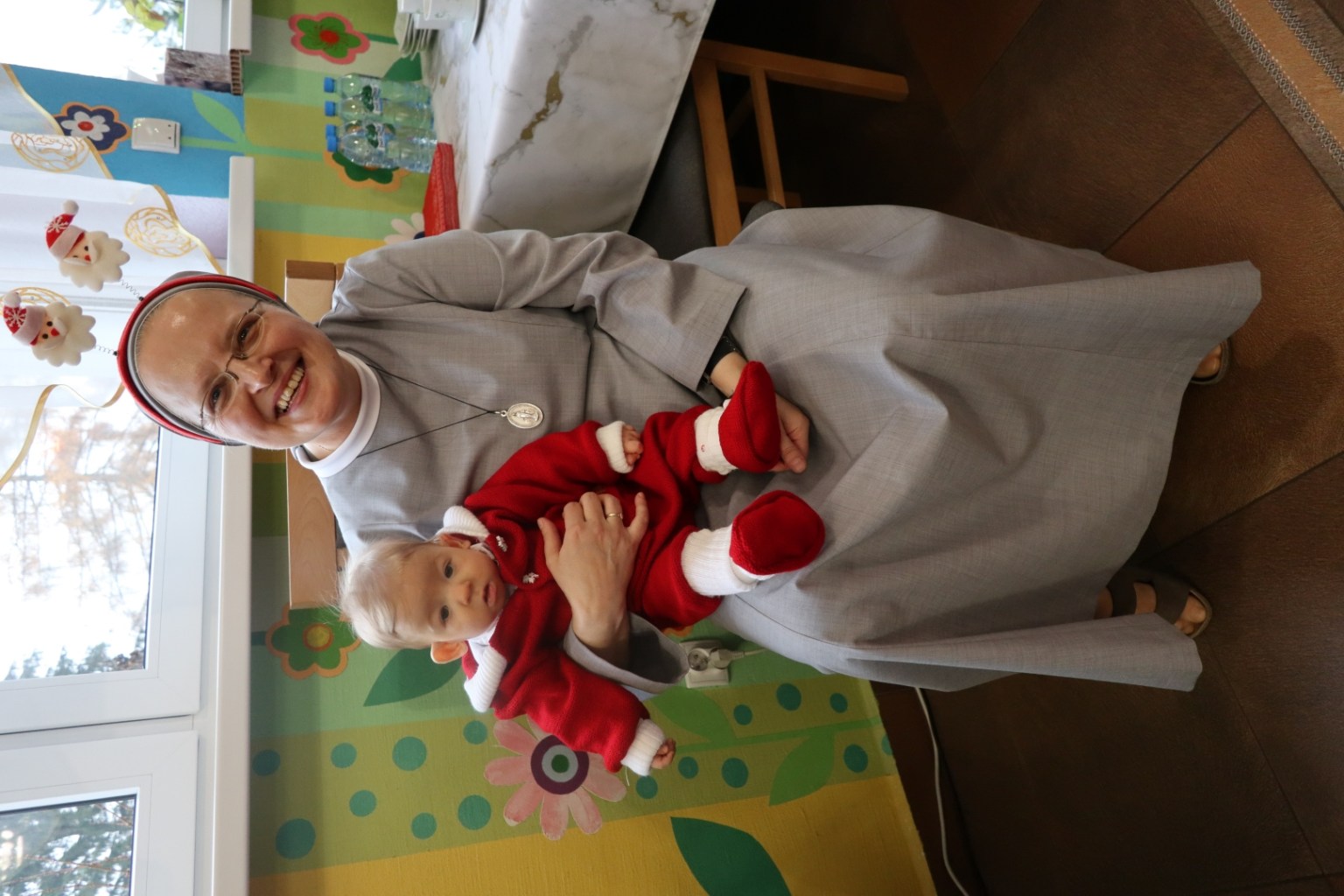
“Our goal is to be with these children 24 hours a day until the age of 18,” Sister Klara, the community’s superior, tells Aleteia. “Some are taken in just during the day, while others live there permanently, often from their first days of life until adulthood.”
Their parents fall into three groups. Some are deprived of their parental rights, others retain them but in a limited way, and finally, some parents who just can’t care for them for one reason or another and decide to entrust them to the sisters. The reasons are diverse: sometimes it’s due to living conditions that are too precarious for the child, whereas sometimes it’s because the parents lack the material or human resources to take care of a seriously ill child in their own home.
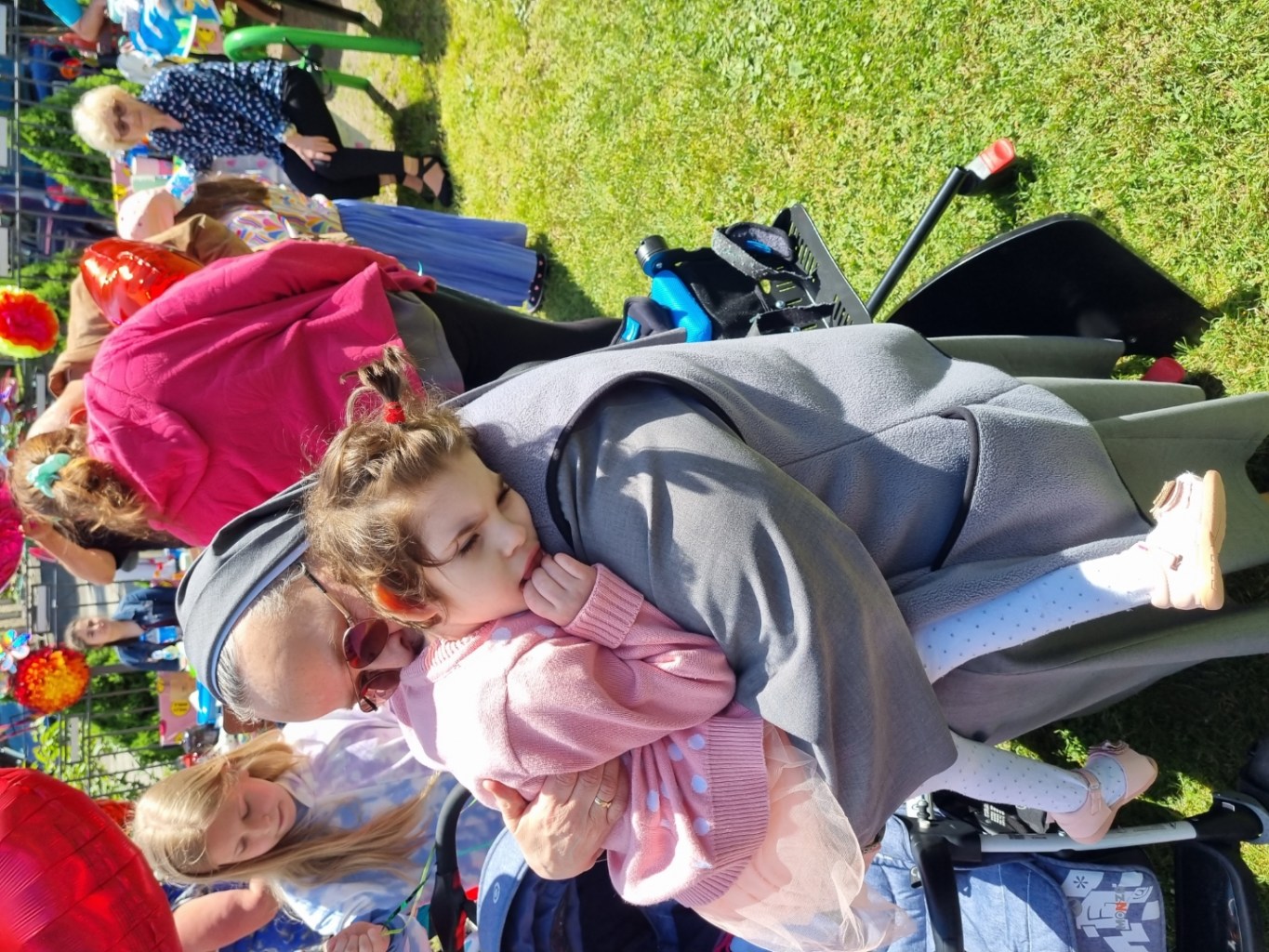
“We never judge such a decision,” continues Sister Klara. Caring for severely disabled children, she continues, is a real challenge: “Often, when the mother or both parents don’t have daily help, the whole family ‘gets sick’ in a way, together with the child.” And this, from birth to death.
However, for these children the situation is much easier: their parents visit them in Piszkowice, especially on special occasions such as their birthday. “Even though they’re separated from their families on a daily basis, these children feel loved, and they have someone to wait for. And, I assure you, they’re really looking forward to their parents’ visit,” says the community’s superior.
A new beginning
The children who end up at the sisters’ home after a police intervention at the family home experience traumatic situations. Cut off from their home environment, they have to start a new life. At first, they’re frightened, and many lack a prior diagnosis of their illness. Some have been terribly neglected; the sisters have received children who don’t speak at all, even though they’re 4 or 5 years old. Others are removed from their families because they haven’t eaten in days. These children come with a lot of trauma.
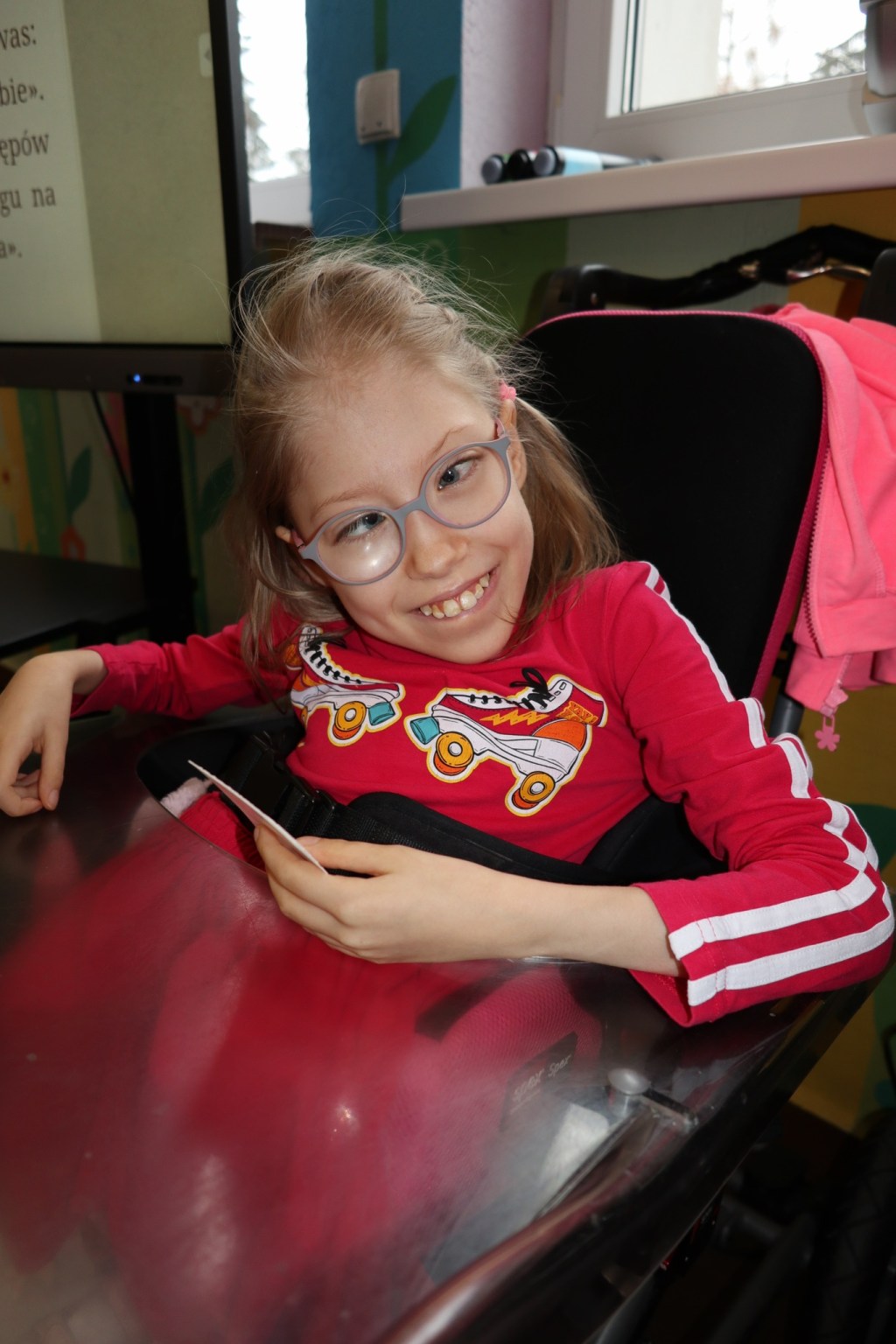
The difficulties encountered by the children vary. Whether they are born with Down syndrome, Asperger’s syndrome, Treacher Collins syndrome, or some other condition, they are all different and require appropriate medical and psychological care and therapy. Thanks to the sisters’ initiative, they receive professional assistance from specialists here – sisters and lay people alike. But what’s even more important is the love, the smiles, and the tenderness of the sisters: it’s the essential remedy. Even the children whose illnesses don’t allow them to remember or understand much reach out their hands in the hope of receiving a sign of affection, a hug or a kiss on the cheek, which they prolong as much as they can.
An essential remedy
“Look how beautiful our children are,” Sister Klara says in a delighted voice as she shows the Aleteia reporter a festively decorated room where a show celebrating the World Day of the Sick is soon to begin. Instead of chairs, there are rows of wheelchairs in which boys and girls are seated, all dressed in white. Those who can’t sit down lie in their beds, under the watchful eye of their caregivers. After the show, it’s time for refreshments. Some of the children crowd around the tables, while others, impatient, get into their chairs and beds.
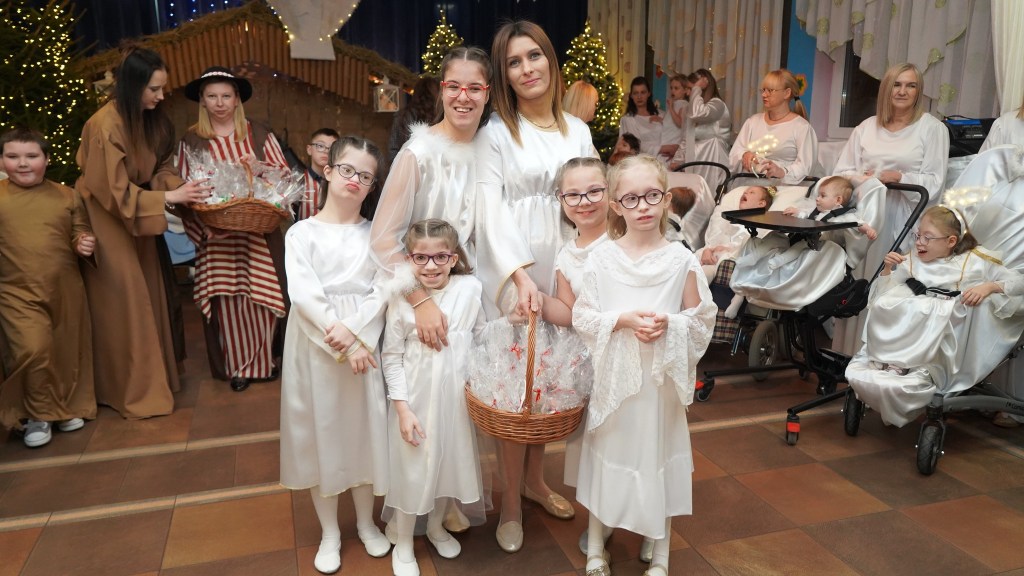
“They really like to party,” says Sister Agata. “We try to give them a reason to celebrate something important from time to time. Patients with an incurable disease, big or small, shouldn’t live in isolation. They cannot be alone. They should be part of what we proudly call our society,” she continues. That’s why the sisters take their charges on excursions, accompany them to stores so they can choose their own clothes, or go out for an ice cream.
One word keeps coming up in conversations with the sisters and caregivers: “our children.” “The children of Piszkowice are not abandoned or rejected children. They are wanted and loved by us. They are our children,” the sisters repeat.
The sisters never deviate from a basic principle: to welcome each and every child, regardless of the degree of disability with which he or she was born. Today, there are 50 children in the center. If there were the possibility of enlarging the center, more residents would be found quickly to fill the vacancies. In the meantime, the sisters continue the work begun by Sister Lucja, founder of the center, who died in 2020. The words she used to whisper to the children are often repeated here: “Nobody wanted you? Then we want you!”
